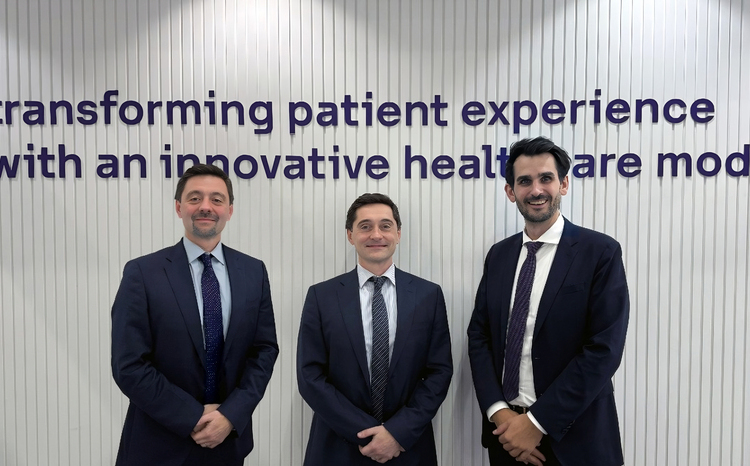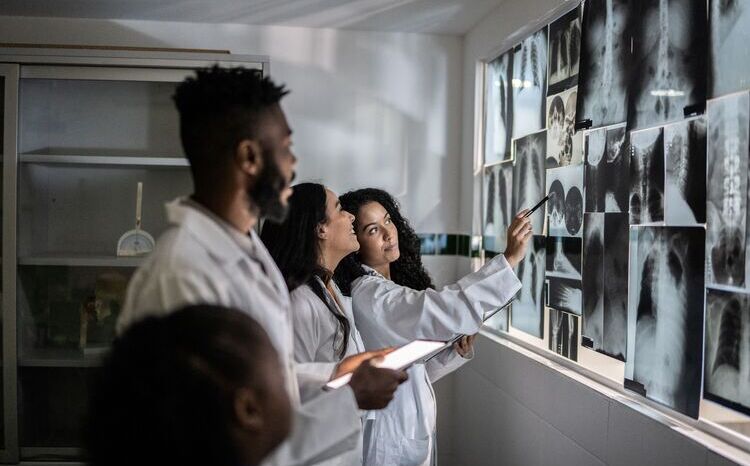Carestream aids tumour screening in Albania
- 15 January 2008
Carestream Health is providing computed radiography solutions, printing systems and professional services to an EU-funded screening project between Italy and Albania.
Based on collaboration between Albania and the Puglia region of Italy, the project is designed to improve tumour screening and diagnoses services available to Albanian women.
Health professionals in Albania and Puglia will work together for the development of prevention, treatment and epidemiological observations of tumours amongst women in Albania.
Central to the screening project is the training of clinicians within Albanian National Health Service hospitals.
Vincenzo Lattanzio, director of SARIS, the breast screening service in Bari Province, Puglia Region, said: “Our aim is to screen for cancers which affect women, those of the breast and uterus, by training Albanian radiology doctors and technicians in diagnosis. As it is not possible to undertake pro-active screening in Albania by calling women to appointments, we are creating specialist units for asymptomatic patients volunteering for screening.”
Thirty Albanian healthcare professionals attended two training sessions at the SARIS Centre in Bari, for three intensive weeks in March 2007 and a further week in May 2007.
During this time they worked on the ward with their respective Italian tutors gaining direct experience with patients and screening technology. Members of Carestream Health Professional Services were on hand during this period to undertake equipment and technical training.
Now that the doctors and technicians have returned to Albanian soil, Italian doctors are maintaining on-site monitoring with regular visits and future cooperation will involve remote diagnostic consultations with Italy.
Carestream Health computed radiography and printing systems are installed within Albania, using the same technology installed at SARIS.
“The introduction of this technology allows Albania to carry out screening programmes which would have been unthinkable until now,” added Lattanzio.
“The project is set to run until the end of 2008 and the information gathered will be useful for future epidemiological analysis and raising standards of prevention.”
Links




